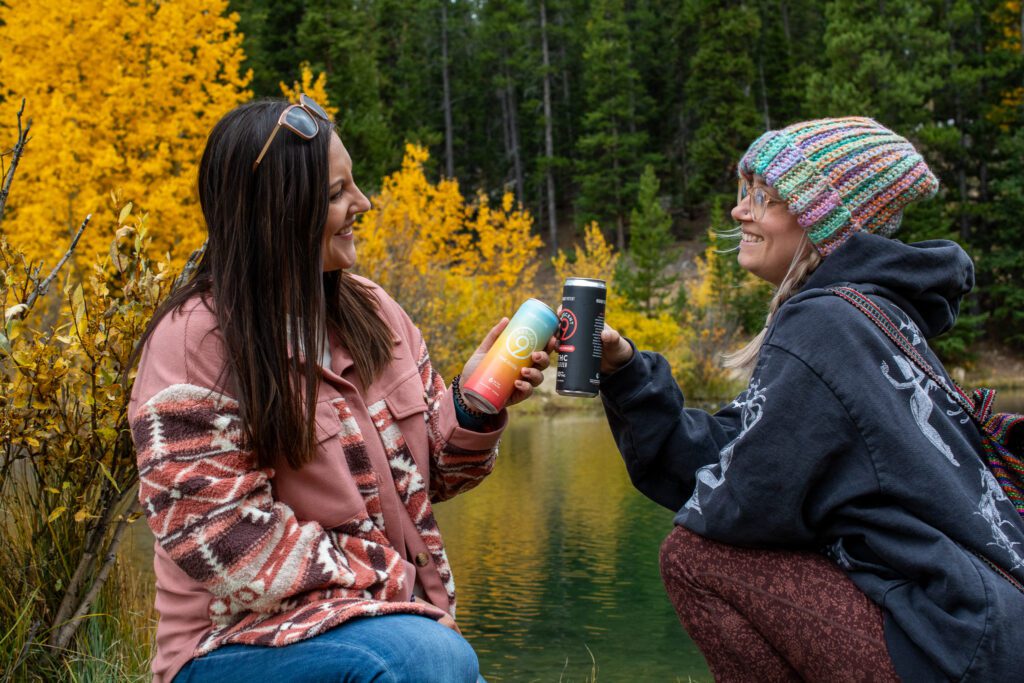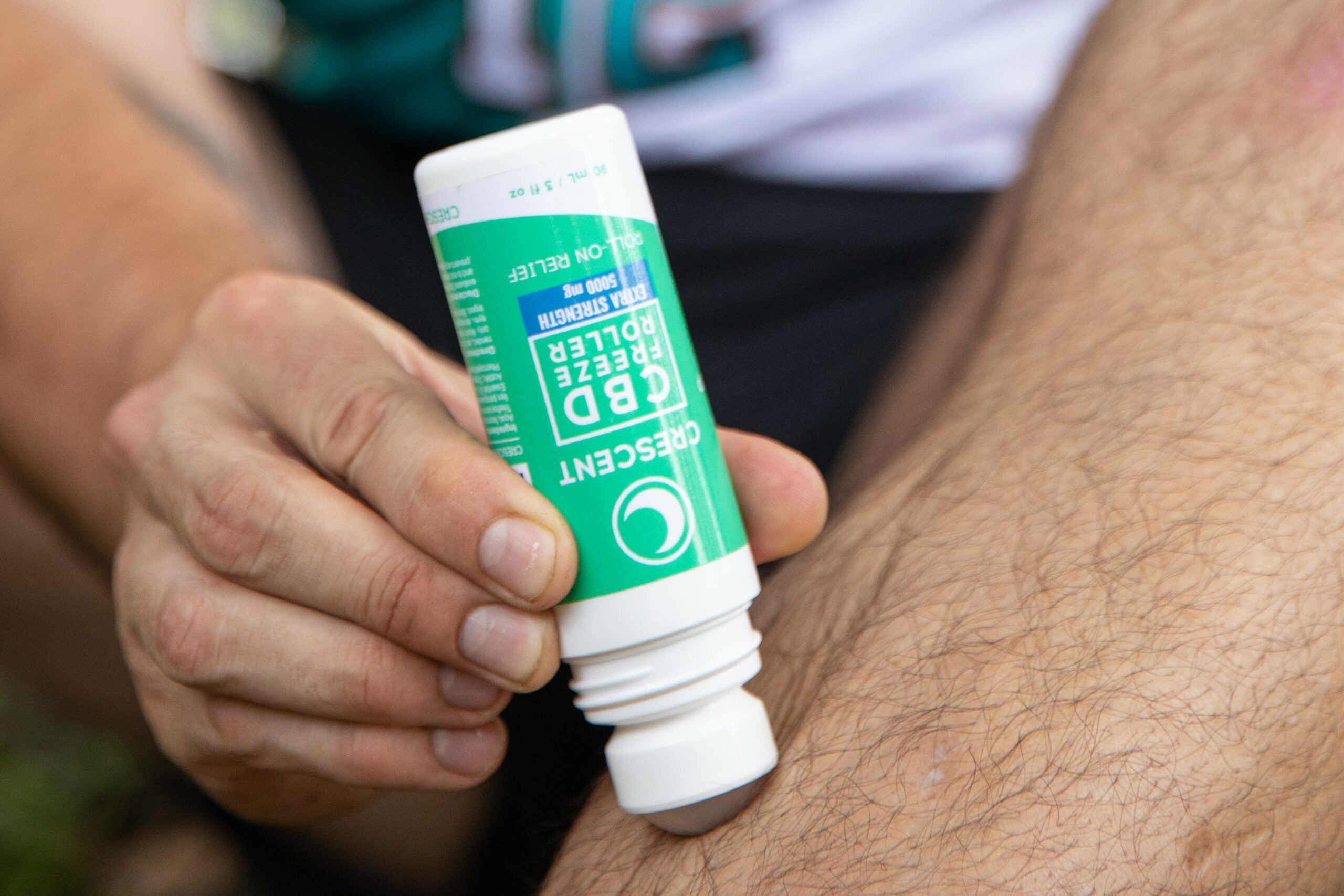
Cannabis products like THC drinks can enhance experiences with your family.
‘Tis the season for discussing controversial topics like cannabis with your family
When a group of people come together who often have little more in common than their last names, to-and-fro about controversial topics is hard to avoid. One of the topics broached at this year’s holiday festivities may be cannabis.
With 38 states having legalized recreational or medical marijuana and states like Louisiana embracing hemp-derived THC, many people have questions about the legality, nature, and availability of cannabis.
It’s high time you talk to your family about cannabis. Here are six questions your family may ask about it — with answers even your know-it-all uncle can’t refute.
1. Isn’t cannabis illegal?
While decades of misinformation and bad politics polluted our society’s views on cannabis, it was, for the longest time, breaking the law to buy, sell, or consume cannabis in any form. This period of illegality has colored many people’s view on the plant — specifically in older generations.
Increasingly, though, research has debunked all the anti-cannabis propaganda and confirmed its wellness benefits. Policymakers have started to realize how counterproductive it is to outlaw the long-maligned plant.
24 states have now legalized recreational marijuana while 38 have legalized medical marijuana. In 2018, hemp was federally legalized in every state by the 2018 Farm Bill. So some form of cannabis, whether it’s full recreational marijuana or hemp products, is now legal in every state of the union.
2. What is the difference between hemp and marijuana?
Even people who frequently use cannabis products can get confused about the differences to hemp and marijuana. Here’s an easy way to break down their differences to your family.
Hemp and marijuana are both forms of cannabis. They contain many of the same cannabinoids, terpenes, and other beneficial compounds. The main difference is their Delta-9 THC content. Hemp, by definition, contains less than 0.3% Delta-9 THC, which means that it’s federally legal. Marijuana contains more than 0.3% Delta-9 THC, which means that it’s federally illegal.
However, you can now create legal hemp-derived THC products that are potent and effective — like our THC gummies.
3. What is CBD?

CBD topicals can provide relief for your joints and muscles after family adventures.
CBD is a naturally occurring cannabinoid derived from the cannabis plant. It is nonintoxicating, nonaddictive, and legal. Some of the most common and popular CBD products include CBD tinctures, CBD rollers, and CBD gummies — all of which are available nationwide.
More and more people are recognizing the wellness benefits of CBD, causing the industry to have explosive growth. The global market was valued at $4.1 billion in 2021 and is projected to reach a market size of $47.22 billion by 2028. There’s no doubt about it, CBD is here to stay. And it’s just going to get more popular.
4. Do all cannabis products get you high?
CBD does not cause psychoactive effects. In fact, if you have taken a THC product, CBD can help counteract the psychoactive effects of THC and make you feel less overwhelmed.
Emphasizing this point is important, but it still won’t keep your aunt from acting tipsy the first time she eats a CBD gummy. If your family is looking to experiment with a psychoactive experience, cannabis products that contain THC do produce intoxicating effects.
5. What is Delta-9?
In the last couple of years, hemp-derived Delta-9 THC products have become increasingly popular. But what actually is Delta-9 THC?
Delta-9 THC is the primary cannabinoid in cannabis that’s responsible for its psychoactive effects. For a Delta-9 THC product to be federally legal, it must contain hemp-derived cannabinoids and less than 0.3% Delta-9 THC.
Hemp-derived Delta-9 has become so popular that grocery stores and bars have begun to carry Delta-9 THC drinks as an alcohol alternative. They’re poised to increase in popularity, as more people choose cannabis over alcohol.
6. Where can you get cannabis?
You can legal, cannabis products online at crescentcanna.com. Our premium cannabis products are made with the highest quality ingredients and cannabinoids, along with being federally legal and third-party lab-tested.
Discussing controversial matters with your family can be frustrating and exhausting. It’s a good thing you have some cannabis to help you relax and unwind afterward.
